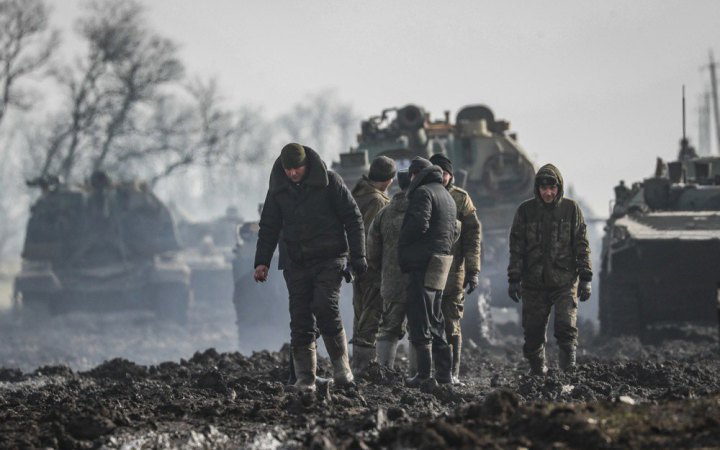Politico journalists talked to Russian mercenaries from Cuba who, among thousands of other foreign nationals who signed a one-year contract with the Russian army, lured by the promise of hefty paychecks and fast-tracked citizenship for themselves and their kin.
Jorge (the names of all the mercenaries mentioned in the article have been changed) is currently fighting in the Kursk Region. According to him, the term of participation in the war was changed not only for him.
"Now they’re telling us that, since we’re Russian citizens, we have to continue fighting until the end of the war," he told reporters.
Politico spoke not only to him, but also to three other mercenaries and the families of five others. Some of the mercenaries claimed that they had been fraudulently recruited to the war, having been promised construction work. Others admitted that they had consciously decided to go to war. Mostly for the sake of money.
David, a mercenary from Cuba, said that he last saw his Cuban ID in October 2023, when it was confiscated by his military superiors. Shortly after, his new Russian passport was also confiscated, so that David had to go to war without it. Some mercenaries were not issued passports even after a year of participation in the war.
"They don't want to let us go," said Manuel, who was among the first wave of Cubans to travel to Russia. His Cuban documents were taken from him shortly after arrival, leaving him with only his military ID
The Russian human rights activist told reporters that Manuel's situation is very typical: Russians take away foreign mercenaries' documents, leaving them without them at all. Thus, these foreigners find themselves at the mercy of Russia and cannot even apply to their home countries' embassies.
"Foreign fighters should know that if they sign a contract with the Russian military or accept a passport from them, they are signing up to fight indefinitely in Ukraine until the Kremlin declares an end to the operation or they are killed or seriously injured," agreed Dara Massicot, a defence analyst at the Carnegie Endowment for International Peace.
All of the mercenaries from Cuba that the journalists spoke to were wounded, but they were sent back to fight. Some were digging trenches and fortifications, but others were sent to the front line, particularly in the Kursk Region.
"Like every Cuban recruit interviewed by POLITICO, David had suffered shrapnel injuries from Ukrainian drone or missile strikes, but had been sent back to the front after medical treatment, sometimes before the stitches had healed. While being treated in hospital for a drone injury to his right hand, Pablo, who said he’s also been diagnosed with PTSD, was told by his commander that he’d just have to learn to shoot with his left," the journalists said.
According to Jorge, the man with whom he made the initial journey to Russia over a year ago had died only several weeks earlier in a missile attack. Politico confirmed the death through a relative in Cuba.
Spanish-language media working from the US have reported numerous Cuban casualties. But in Cuba itself, such news never makes the airwaves. Silencing it altogether, however, has proven impossible, with relatives of those deceased leaving a trail of online eulogies and tearful posts on social media
The recruits added that Cuban soldiers themselves will often pitch in money for a deceased person’s relatives to fly in.
In at least some cases, Cuban recruits simply seem to vanish into thin air. With neither Havana or Moscow showing much interest in their fate, and being off the radar of rights groups which help mobilised Russians, Cuban relatives thousands of kilometers away are often left to draw their own conclusions when their loved ones go AWOL.
- Russia recruits mercenaries not only from Cuba, but also from Nepal, India, Syria and other countries. Recruiting foreigners allows the Kremlin to avoid publicly announcing the mobilisation of its own citizens.








